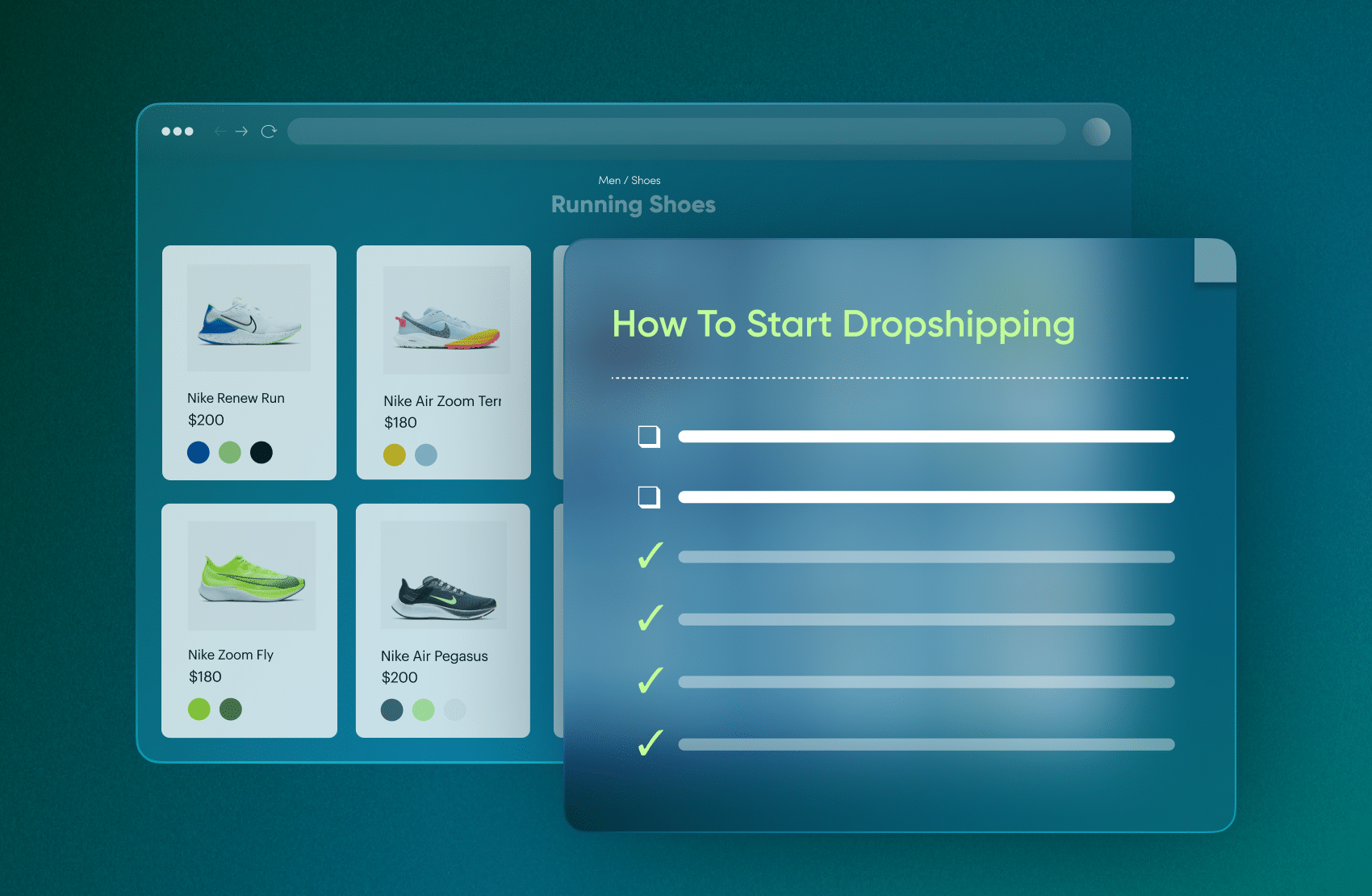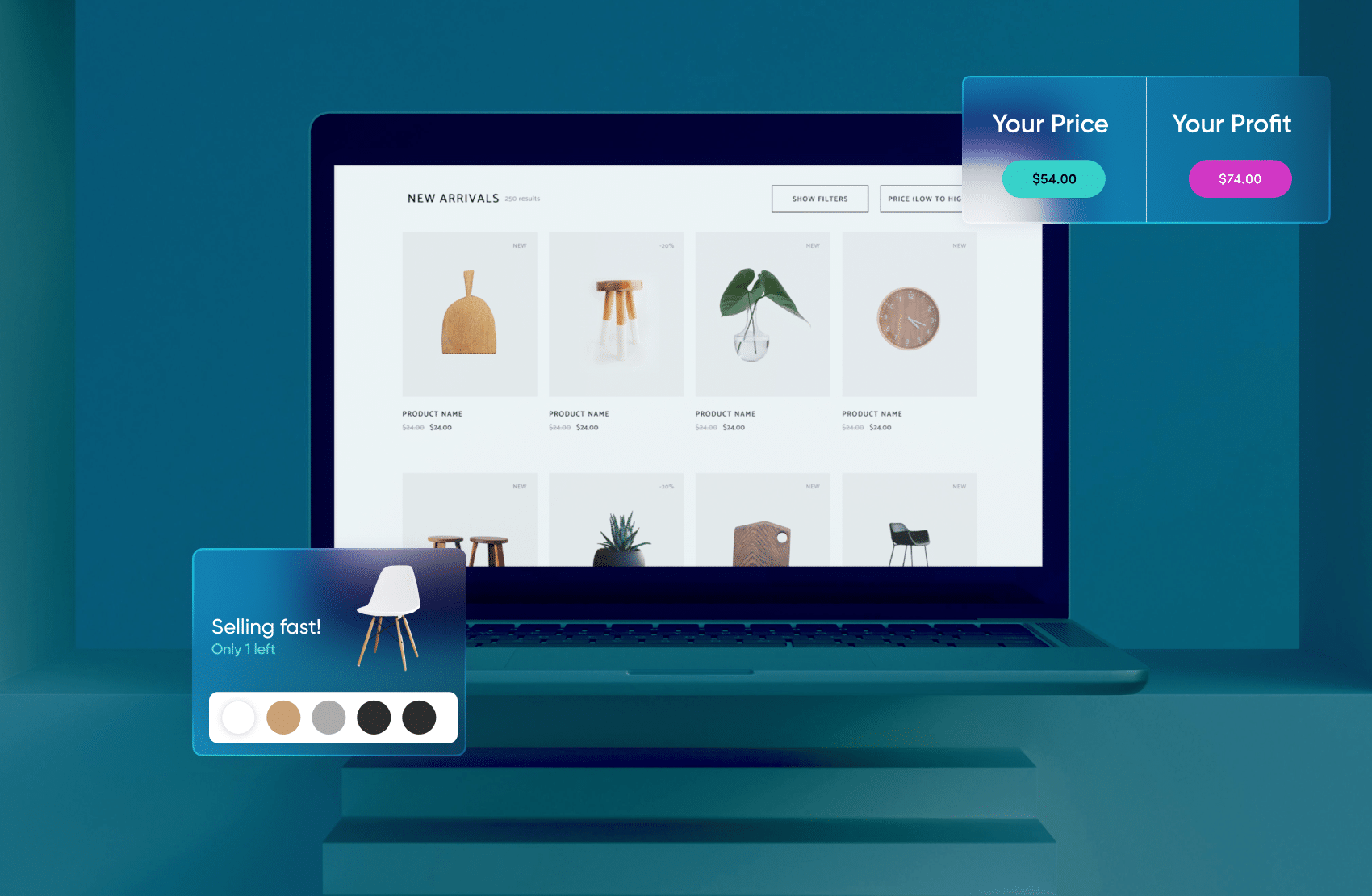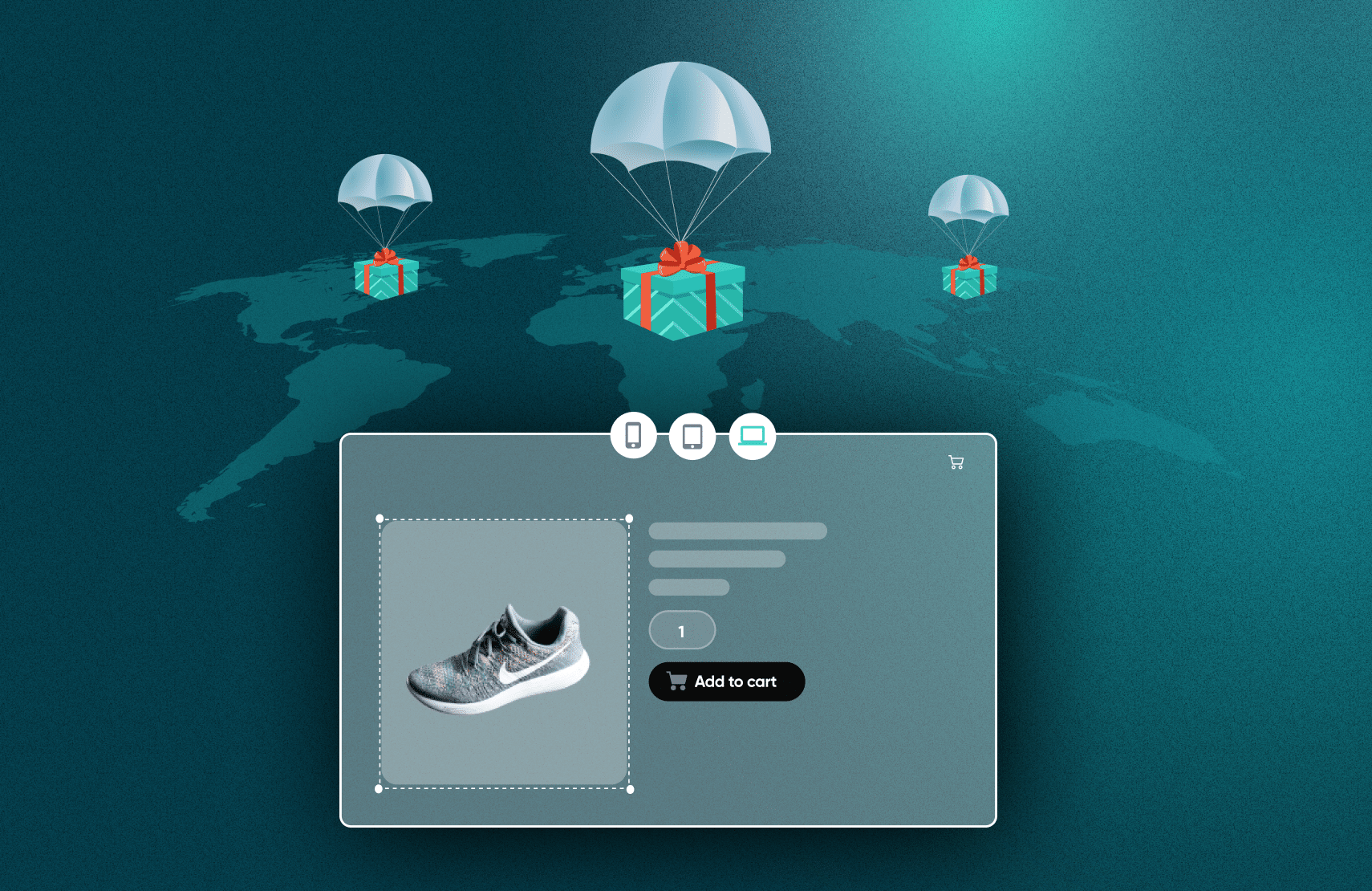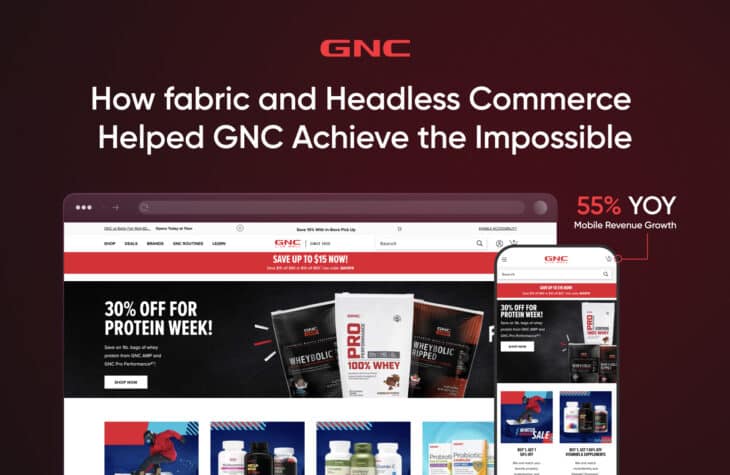3 Remarkably Successful Dropshipping Stores Powered by fabric
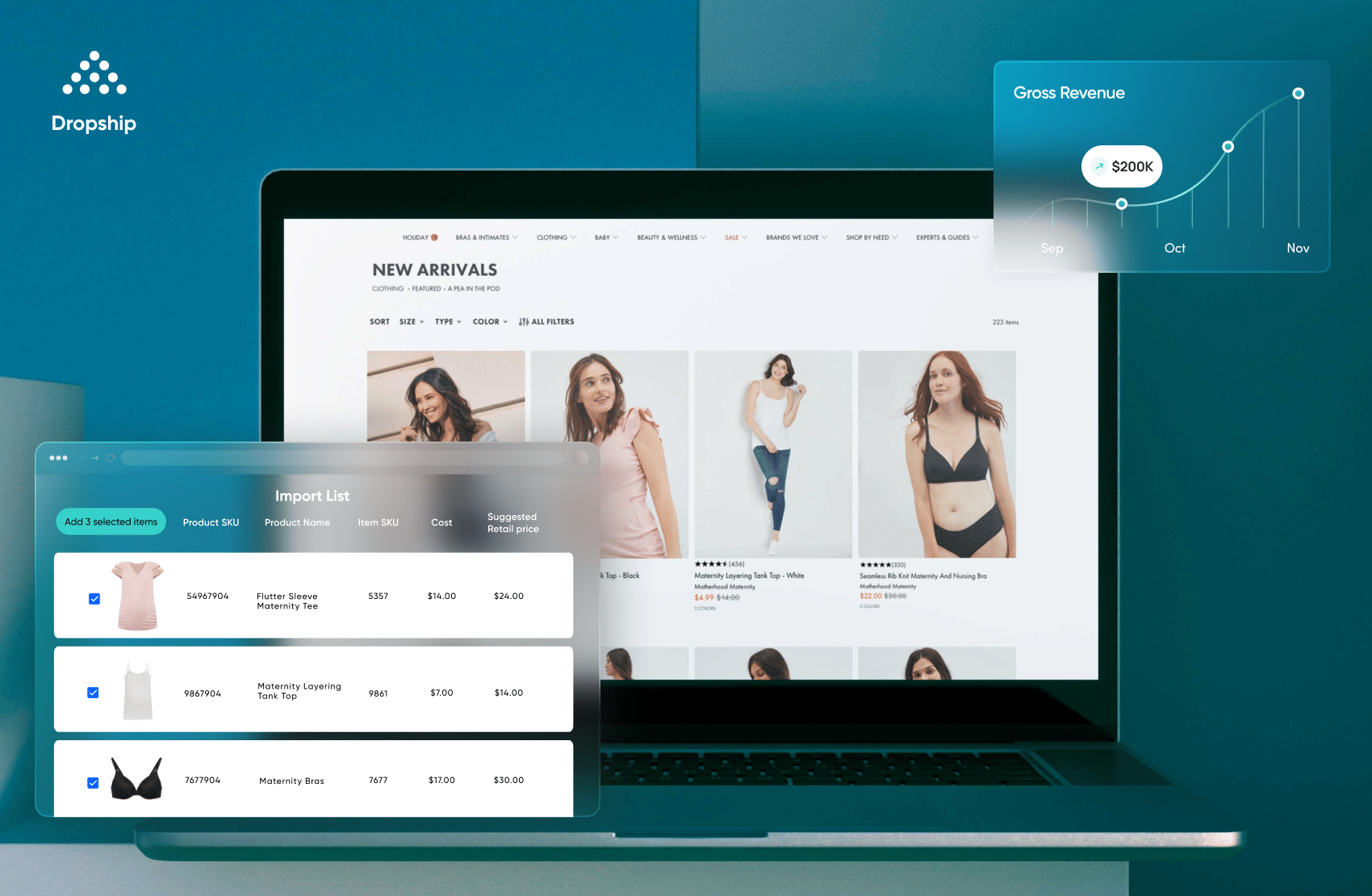
Some of the best dropshipping stores use turnkey, flexible, and automated dropship technology solutions that seamlessly integrate with existing e-commerce platforms.
Motherhood Maternity and A Pea in the Pod effectively launched two industry-leading dropship marketplaces to offer best-in-class shopping experiences to their customers.
Brooklinen built a modern, scalable dropshipping store with curated products that increased sales by 186% and boosted average order volume by 55%.
The experiences of the most successful dropshipping stores backed by modern technology solutions provide great insights into the mechanics and economics of dropshipping—an e-commerce fulfillment model that is rapidly surging in popularity.
For mid-market and enterprise brands, recent innovations in first-party marketplace software have produced turnkey, flexible, and automated dropshipping solutions that seamlessly integrate with existing e-commerce platforms, like Shopify or fabric Commerce Platform. Armed with powerful features and capabilities, businesses can now curate incremental product assortment at scale, connect with the best dropshipping vendors and suppliers around the globe, transition to an on-demand inventory model, and tap into unlimited growth potential.
What Is Dropshipping?
Dropshipping lets retailers sell products to customers without keeping inventory in stock, as the products are being shipped directly from the vendors themselves instead of from the retailers. Dropshipping has emerged as a great way for businesses to lower their inventory risk, test and expand into new product categories, and capture new revenue streams.
Learn More:
The 3 examples of successful dropshipping stores in this article are doing just that. We’ll take a closer look at some of the problems, challenges, and pain points they faced, as well as the solutions they implemented that helped them scale their e-commerce dropshipping programs.
Successful Dropshipping Store Example #1: Motherhood Maternity
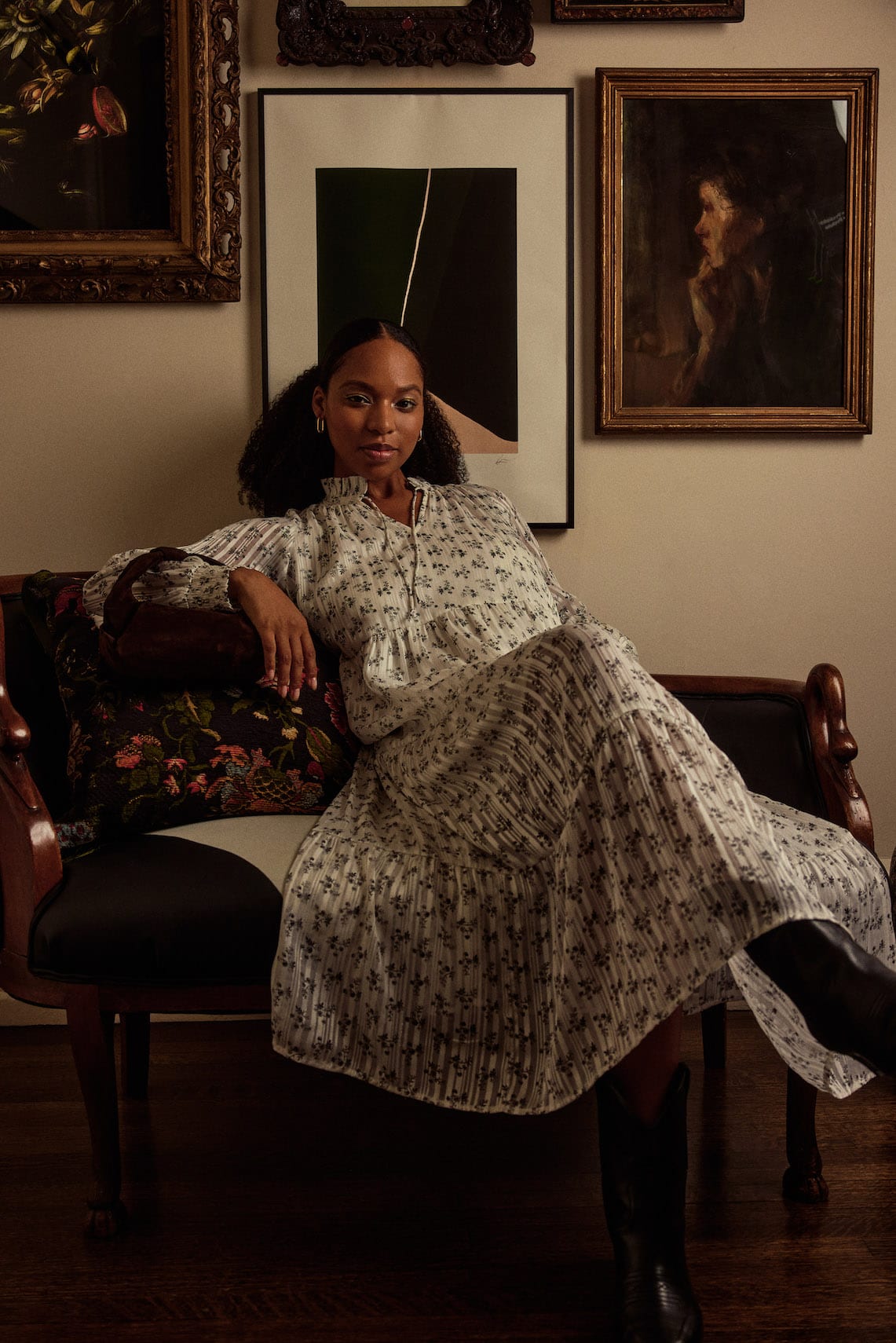
With a heritage dating back to 1982, Motherhood Maternity is a preeminent brand in maternity, nursing, and postpartum apparel and accessories. Together with its sister brand, A Pea in the Pod, they control the largest share of the U.S. maternity market, making them a trusted resource for generations of women during a pivotal moment in their lives.
Motherhood Maternity recently embarked on an ambitious journey to evolve its business model to better compete in the digital age. Beyond targeting select wholesale partnerships and strategic marketing relationships, the company also began to embrace e-commerce. It’s now building an engaged online community of new and expecting mothers and developing rich content to support their journeys.
As a vertical retailer, Motherhood Maternity has specifically focused on elevating its best-in-class online shopping experience by creating a true one-stop shop for moms and moms-to-be. They decided to work with fabric because it is an industry-leading technology partner that helps businesses create thriving dropshipping marketplaces.
Building an industry-leading dropship marketplace for a stylish customer base
The fabric team has a breadth of experience operating marketplaces and have collaborated with the team on brand and merchandising strategies, which resulted in $200K in incremental revenue in the first 6 months.
Sara Riley, Sr. Director of Marketplace at Motherhood Maternity
fabric Dropship is an all-in-one, modular dropshipping solution that allows retailers to design, build, and scale their dropshipping programs with ease. Utilizing the platform, Motherhood Maternity was able to quickly expand its product assortment without taking on the traditional risks of managing inventory or manufacturing products in untested and unfamiliar categories.
Since adding new complementary categories such as Beauty and Wellness, Baby, and Accessories, Motherhood Maternity’s dropship marketplace has become a dynamic commerce experience that’s grown to fill the whitespace for the pregnant and parent populations. It now features a highly-curated assortment of all-trimester fashion, clean beauty essentials, pregnancy and parenting solutions, and baby essentials to meet all of its customers’ needs.
Within the first six months of launch, the company successfully captured additional wallet share from their customers and quickly generated $200k of incremental revenue through their dropshipping program. And for the fourth year in a row, Motherhood Maternity was recognized as one of Newsweek’s Best Online Shops, ranking among the top Women’s Fashion Single Brands for 2023.
Successful Dropshipping Store Example #2: A Pea in the Pod
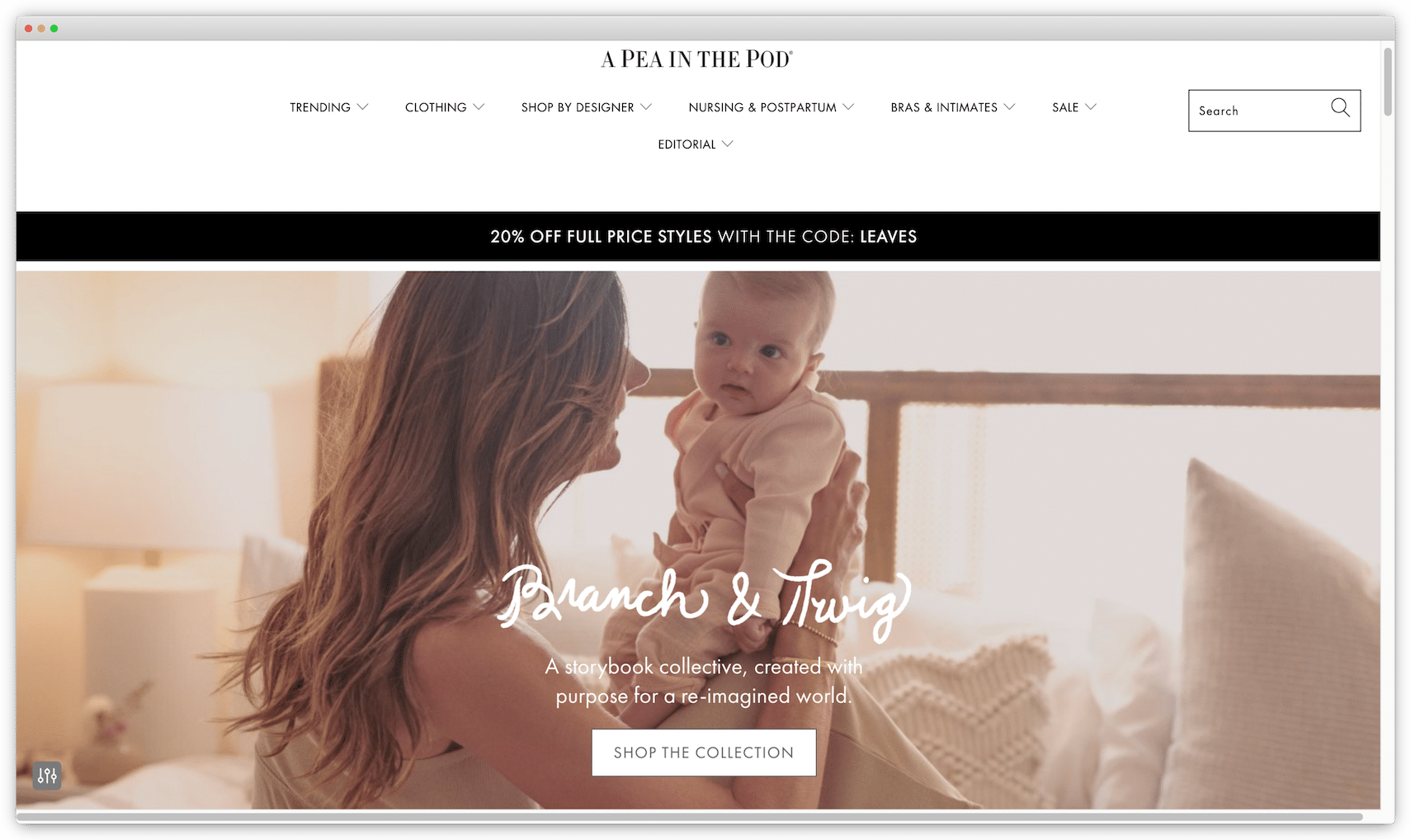
As the sister brand of Motherhood Maternity, A Pea in the Pod is the industry-leading designer and specialty retailer of luxe maternity apparel and accessories. In June 2020, it went through a complete digital re-platform of its website to continue building on the promise of bringing its customers the absolute best online shopping experiences.
For A Pea in the Pod, that meant creating a robust digital shopping platform that was both accessible and convenient for moms and expectant moms-to-be. To meet their goal of offering a full assortment of maternity styles and sizes available online 24/7, they enlisted the help of fabric to help build out a curated dropshipping program.
A highly-curated collection of complementary maternity fashion and accessories
fabric Dropship enabled A Pea in the Pod to complement our assortment and capture the entire lifecycle of our customers. By working with fabric, we were able to free up dollars to invest back into our own product lines.
Erin Downing, AVP of Merchandising at A Pea in the Pod
Already known for specializing in a curated collection of maternity fashion by exclusive designers from around the globe, A Pea in the Pod wanted to expand their brand offerings and capture more of the lifecycle of its maternity customers. Importantly, they wanted to protect their brand image but didn’t want to take on the additional risk and financial ownership of manufacturing products in new categories.
Serving both A Pea in the Pod and Motherhood Maternity, fabric Dropship launched two concurrent dropshipping programs with a single vendor base, helping to capture additional share with distinct and differentiated dropshipping stores. Additionally, by reducing some of the burdens of buying, storing, and managing inventory, the company was able to free up working capital to invest back into its product lines and private labels.
Since launching, A Pea in the Pod has become a one-stop destination for moms and moms-to-be to shop for luxe maternity apparel and accessories. By providing an incredible assortment of products from the company’s private label and trusted brand partners, along with a seamless checkout and fulfillment experience, the company has created an elevated shopping experience for its customers that matches its brand ethos.
Powered by fabric, the marketplace has transformed into a top dropshipping store, increasing total brand revenue across the business by a total of 6%.
Successful Dropshipping Store Example #3: Brooklinen
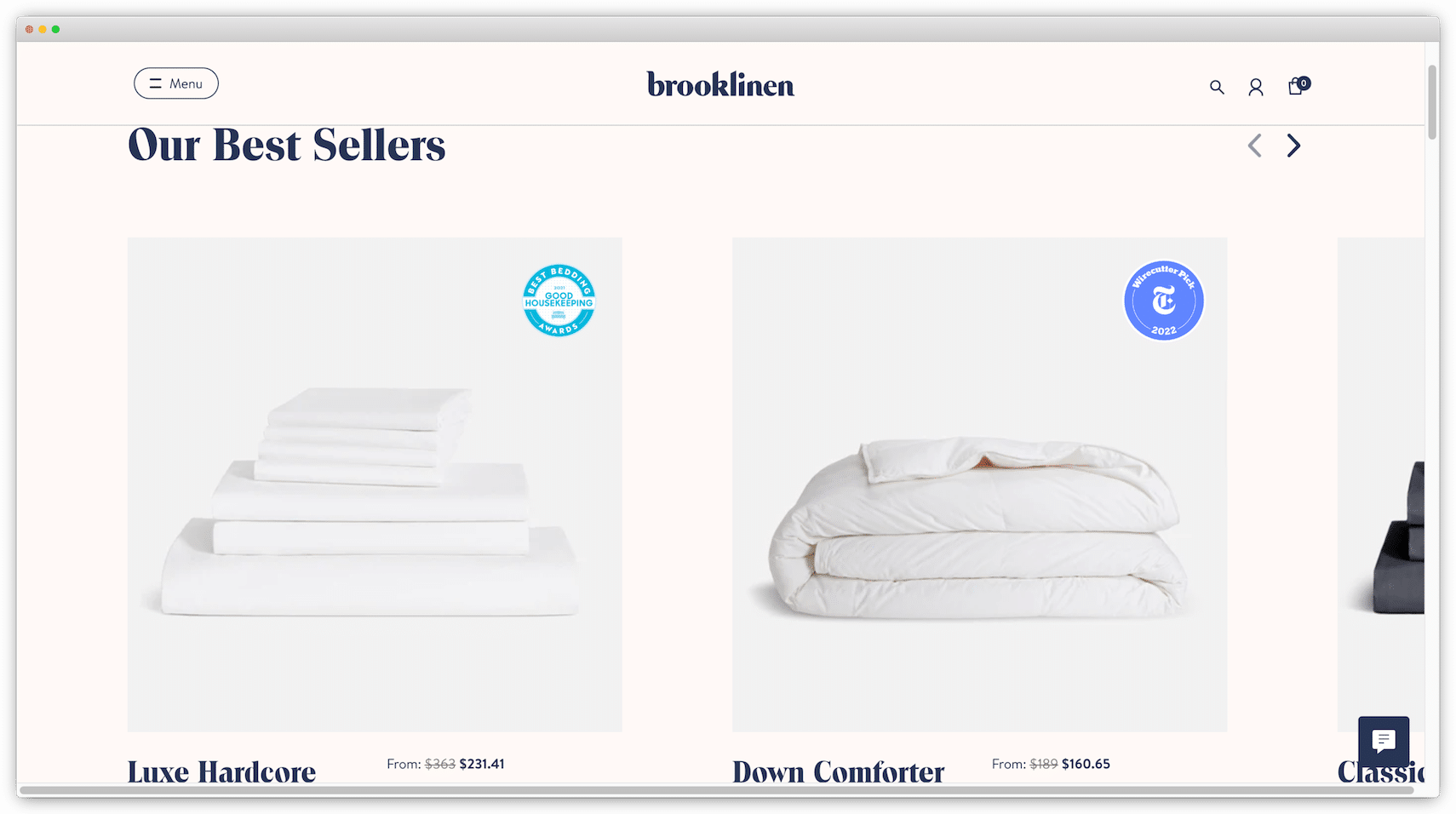
Founded in Brooklyn, New York, in 2014, Brooklinen is the leading direct-to-consumer (D2C) home essentials brand. The brand was founded on the philosophy of offering customers stylish, luxury-grade products at accessible prices. Well-known for bringing effortless, affordable luxury to any home, the company manufactures products responsibly and efficiently while offering exquisite design and exceptional savings to its loyal customer base.
In 2019, the company launched Spaces by Brooklinen, a highly-curated marketplace featuring an assortment of home goods from like-minded partner brands. Spaces only features products that are thoroughly researched and vetted to ensure they serve both form and function requirements and are aligned with the brand’s philosophy and trademark approach of quality, curation, and simplicity.
As part of its plan to expand into new product categories beyond the bedroom, Brooklinen required a robust technology solution coupled with a team of experienced e-commerce operators to help them build a modern, scalable dropshipping program. Thus, they chose fabric Dropship for its powerful, out-of-the-box capabilities and modular technology architecture.
186% increase in dropshipping sales, 55% increase in average order volume
fabric Dropship has enabled Brooklinen.com to offer our customers the ability to furnish the whole room and not just the bedding, with no additional inventory risk. It’s a win-win for Brooklinen and our customers.
Michela Vinton, Buyer, Brooklinen
With its dropship program, Brooklinen was looking to increase its repeat customer rate and customer lifetime value by diversifying its product assortment to address a broader range of consumer needs. Exceptional customer service has been a hallmark of Brooklinen’s success, and therefore, it was critical that the Spaces marketplace didn’t leave consumers with a sea of options to sift through.
By partnering with trusted, high-quality dropship vendors through fabric Dropship, Brooklinen was able to scale its Spaces offerings well beyond its core categories and into the rest of the home. Its dropshipping program now allows the company to offer highly-curated products across multiple subcategories, including lighting, wall art, furniture, and rugs, to name a few.
Powered by fabric, Brooklinen’s incremental dropshipping revenue increased by an impressive 186% year-over-year. With larger customer basket sizes, average order volumes have increased substantially as well—increasing 55% year-over-year.
Building A Successful Dropshipping Store
For mid-market and enterprise retail brands, these successful fabric dropshipping stores provide great insights into the superior economics of launching low-risk dropshipping programs.
They enable retailers to test new product categories and learn what customers want—without the risk of allocating resources to managing inventory or developing new product lines. In fact, any vertical retailers and D2C brands that are looking for a way to expand their assortments and capture additional customer spend may want to consider creating and launching a dropshipping program using a modern technology solution.
But with that being said, what’s the best strategy for launching top dropship stores in today’s challenging economic environment?
In another article, fabric e-commerce manager Ashleigh Palazzo provides a step-by-step guide on how to plan, allocate resources, and avoid costly mistakes while starting a dropshipping business. Check it out here:
How to Dropship: A Step-by-Step Guide for Mid-Market and Enterprise Brands

Customer marketing @ fabric. Previously @ Staples, BORDERLINX, and Groupon.
